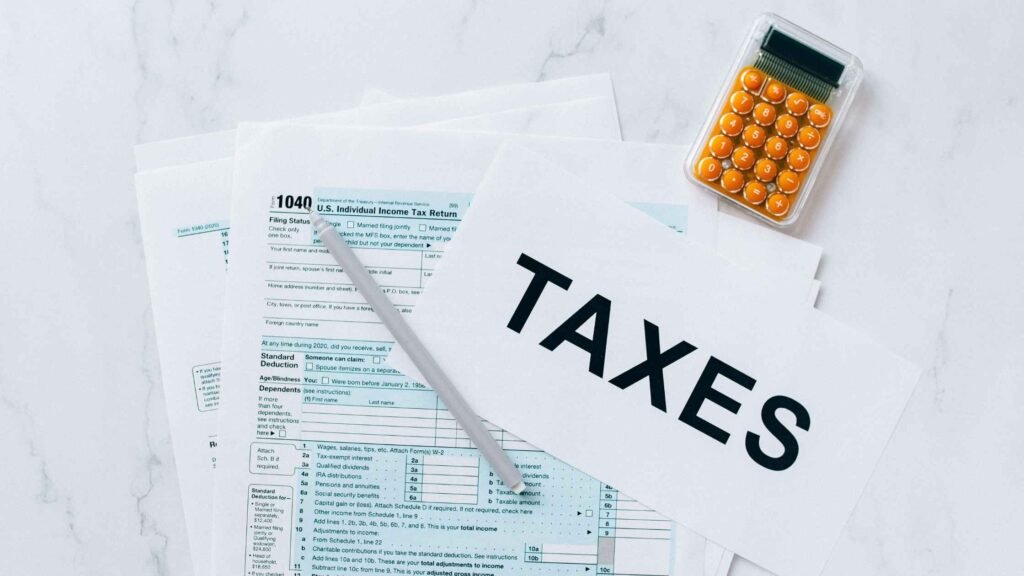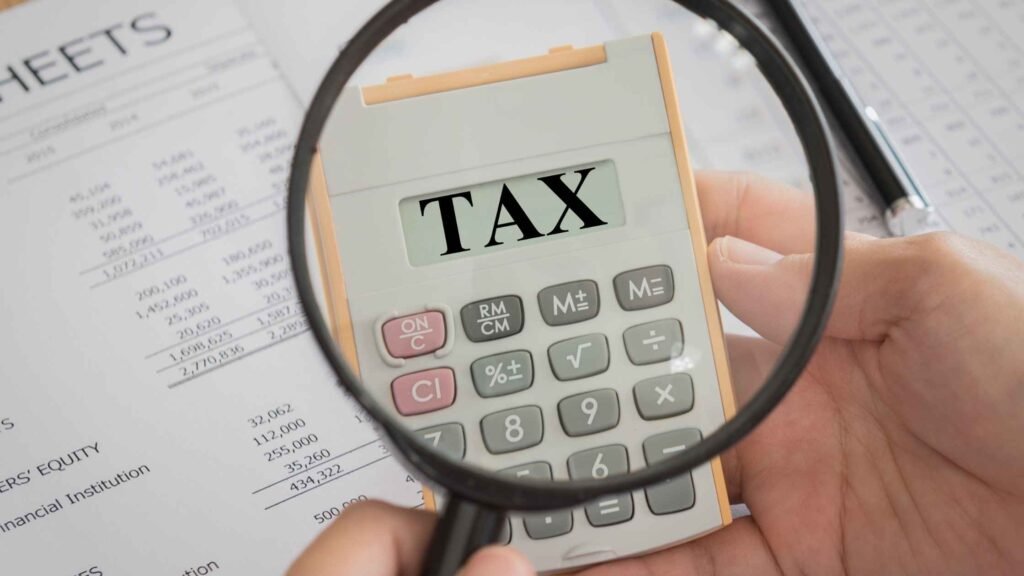Small business tax planning is not just a year-end task—it’s an ongoing process that can protect your profits, reduce stress, and keep your business IRS-compliant. While many entrepreneurs scramble during tax season, those who plan ahead are more likely to claim deductions, avoid penalties, and manage cash flow with confidence.
This guide breaks down essential strategies for proactive small business tax management, so you can focus more on growth and less on paperwork.
Understand Your Tax Obligations
Before planning anything, get crystal clear on what taxes apply to your business. These typically include:
- Income tax (based on profits)
- Self-employment tax (if you’re a sole proprietor or partner)
- Payroll tax (if you have employees)
- Sales tax (depending on your location and offerings)
- Excise tax (for certain goods/services)
Each type has its own deadlines and forms. To stay ahead, you can set calendar reminders for IRS due dates or use software that alerts you as deadlines approach. The IRS Small Business Tax Center is an excellent resource to verify your obligations based on your business structure and industry.

Pay Estimated Taxes on Time
If you expect to owe $1,000 or more in taxes for the year, the IRS expects you to pay estimated taxes quarterly. This is especially common for freelancers, consultants, and LLCs.
The four quarterly deadlines typically fall on:
- April 15
- June 15
- September 15
- January 15
Missing these payments can result in penalties and interest, which adds unnecessary strain on your finances. Working with experts at Fiscal Profits ensures these deadlines are tracked, calculated, and met on time—every time.
Track and Classify Deductible Expenses
Every dollar you can deduct is a dollar you don’t pay taxes on. That’s why accurate and consistent expense tracking is a core tax planning strategy. Deductible expenses may include:
- Office rent
- Utilities and internet
- Software subscriptions
- Professional services
- Advertising and marketing
- Business meals and travel
Use accounting software like QuickBooks or Zoho Books to categorize expenses in real-time. Automating this process not only saves time but ensures you won’t miss out on critical deductions during tax season.
Choose the Right Business Entity
Your legal business structure significantly impacts your tax rate and filing requirements, especially when it comes to small business tax. For example, an LLC typically enjoys pass-through taxation, meaning the business income is reported on your personal tax return, avoiding double taxation. In contrast, an S-corp can provide tax savings by allowing you to split your income into salary and dividends, which may reduce your self-employment tax.
If you’re unsure which entity is most tax-efficient for your situation, you can consult our financial consulting team for tailored advice. The right choice can have a major impact on your long-term tax liability.
Leverage Section 179 Deductions
Buying equipment or software for your business? You might be eligible to deduct the entire purchase price under Section 179 instead of depreciating it over time.
This includes things like:
- Computers and office equipment
- Company vehicles
- Business software
- Machinery
The deduction limit changes annually, so check the IRS website or talk to your accountant before making large purchases. Timing can be everything—especially if you’re trying to reduce your taxable income before year-end.
Keep Payroll Taxes Accurate
If you have employees, your payroll taxes include withholding income tax, Social Security, Medicare, and unemployment tax. In addition to these, small business tax responsibilities require careful attention to ensure compliance. Mistakes here can lead to significant fines or even legal action, affecting both your business’s tax obligations and long-term financial health.
Make sure your payroll system is integrated with your accounting software or managed by a trusted third-party provider. It’s also smart to regularly audit your payroll reports for accuracy—especially before filing annual returns.
Review Financial Reports Quarterly
Don’t wait until April to review your finances. A quarterly financial check-in allows you to:
- Monitor your tax liability in real-time
- Adjust withholding or estimated payments
- Strategically invest in deductible expenses
- Plan distributions or dividends
Businesses that consistently review their profit and loss, balance sheet, and cash flow statements are always better prepared for tax season.
Don’t Overlook State and Local Taxes
Federal taxes aren’t the only ones you need to worry about. Depending on where your business operates, you may be responsible for small business tax obligations, including:
- State income tax
- Local business tax
- Franchise tax
- Gross receipts tax
Each jurisdiction has its own rates, rules, and deadlines. Make sure you’re familiar with the tax codes in your state or city—or work with a tax professional who is.

Store Tax Records Properly
Keep all your tax documents—receipts, W-2s, 1099s, bank statements, prior year returns—for at least three years. In some cases, such as underreporting income by 25% or more, the IRS can audit up to six years back.
Consider using cloud-based storage with labeled folders for each tax year. This makes document retrieval simple and ensures you’re never caught off guard if you’re selected for an audit.
Work with a Tax Advisor All Year
A good accountant doesn’t just file your taxes—they help you plan them. This includes:
- Reviewing major purchases or investments
- Assessing your compensation strategy
- Forecasting tax impact of growth
- Identifying credits or incentive programs
At Fiscal Profits, we work alongside business owners year-round—not just in April—to maximize savings and ensure small business tax compliance. With expert support, you avoid guesswork and stay ahead of changes in tax laws or IRS enforcement trends, keeping your business on track for long-term success.
FAQs about Small Business Tax
What taxes does a small business typically pay?
Most small businesses pay income tax, self-employment tax, payroll tax, and possibly sales or excise tax depending on operation
How do I avoid tax penalties as a small business?
File and pay estimated taxes on time, maintain accurate records, and review financials quarterly to avoid underpayment.
Can I deduct business startup costs?
Yes, you may be able to deduct up to $5,000 in startup expenses and amortize additional costs over time.
Should I pay myself a salary or take owner’s draw?
It depends on your business structure. S-corps require reasonable salary, while sole proprietors can take owner’s draws. A tax advisor can help structure compensation for efficiency.
What’s the best way to track deductible expenses?
Use accounting software and set up automated categories. Keep receipts and reconcile your books monthly to stay organized.
